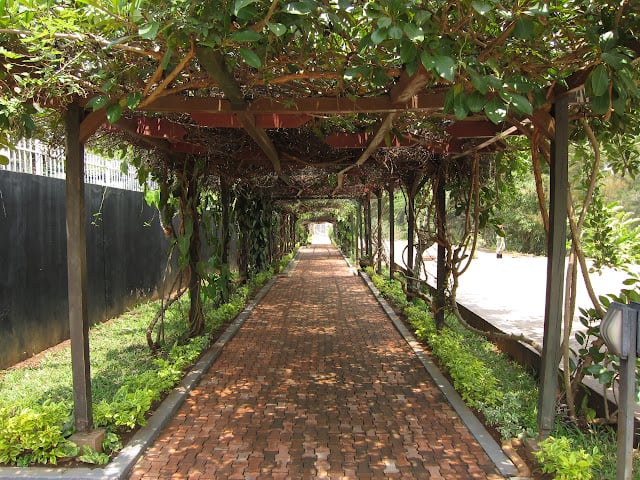“Embrace mystery.”
I mentioned a previous post about “walking into my anointing as a teacher.” That terminology is from the book Culture of Honor. The chapter that describes a teacher’s role says specifically that we need to embrace mystery.
That idea, in not so many words, has been rolling around in my mind for a long time. A very influential man in my life once told me that it impressed him that I could be both “a really strong Christian and a really good anthropologist.” Though the compliment in that statement was significant, I didn’t see what was so impressive about it.
Studying anthropology gave me tools to understand the tangible things around me.
A relationship with Jesus opens the door to everything else–the humility to say “there are things I can’t understand… and that is AWESOME.”
But the anthropologist in me wrestles with surprising force when I come face-to-face with a specific mystery of God. I still WANT to understand, to make it fit into a thesis and describe it with the articulation that got man’s approval sprinkled in blue pen all over my research papers.
Please don’t think I’m being arrogant; I’m confessing the depth of my pride… pride that says “God is within my realm of understanding.” He isn’t. I’m so amazed by and grateful for that. At least most of the time.
Today, I have to tell you that I’m not. Today, I’m wrestling with God in a bigger way than I ever have before. Andrew reminded me that one of God’s names is LORD of War. So because of the events of the past few days, I have been facing the LORD of War with a not-so-respectful, very indignant, “What the hell was that about?!”
That was sparked by our visit to the Kigali Genocide Memorial this past Monday.

I know it’s a common thing to wonder where God was in the midst of such a devastating atrocity, but that’s not what this particular struggle is about. Genocide, specifically of the Holocaust, has become an extremely personal issue for me. My friend Peter was born in the midst of it, and suffered immensely in its aftermath. Later in his life he was able to look into the eyes of Nazi soldiers and say “I forgive you. I love you.”
With Peter’s story in mind, I was able to sit on the ground at the Killing Fields in Phnom Penh, Cambodia and speak forgiveness over the Khmer Rouge. I looked at a photos Pol Pot and Duch and knew that the grace of God was big enough even for them.
Still thinking of Peter, I explored the halls in the Kigali Genocide Memorial just a few days ago with the same spirit: forgiveness. I prayed against the bitterness that some still hold against the radical Hutu army of 1994.
That is not to say that the actions of the Nazis or the Khmer Rouge or the Hutu soldiers are in ANY way justified. Nothing makes that ok. But Peter told me once that Jesus did not die for us so that we could be angry with them. His message was forgiveness, for us AND for them… and the depth of that message is really that there is no “us” and “them.”
But again, that’s not what this particular struggle is about.
Later Monday night, I picked up my Bible to catch up on my daily reading plan. Checking my calendar, I opened up to Judges 7.
A few minutes later, I slammed my Bible closed and shoved it with angry force between my bed and the wall. Judges is not a happy book. It is full of battles, plundering, bloodshed… a nasty cycle of war, all at the command of the God I’ve been singing to. Entire nations were wiped out completely because that’s what He wanted. Yes, those nations had some filthy practices, but they were also full of children who didn’t know any better. The images of Rwanda’s crisis were still fresh in my mind, so my imagination did not hesitate to show me the uncanny similarities between 17 years ago in Africa, and 5,000 years ago in Israel. I am living in Kigali; those things happened on the streets I walk every day. The images from the memorial flash through my mind constantly. It is one thing to see the murderous actions of men, and recognize evil for what it is.
But when God commanded identical actions, what do I say? Do I look to God with forgiveness as if He could do anything sinful? But really, how was the Israelite army any different from the Hutu soldiers?
I have been seeking closeness with God, wanting to know Him. But today, I’m wondering why I want to be in relationship with a God who was in charge of a genocide. That is where I am feeling so indignant. That is something I just cannot understand.
The hardest thing for me right now is to embrace that mystery. I do welcome your thoughts.
-Katie








